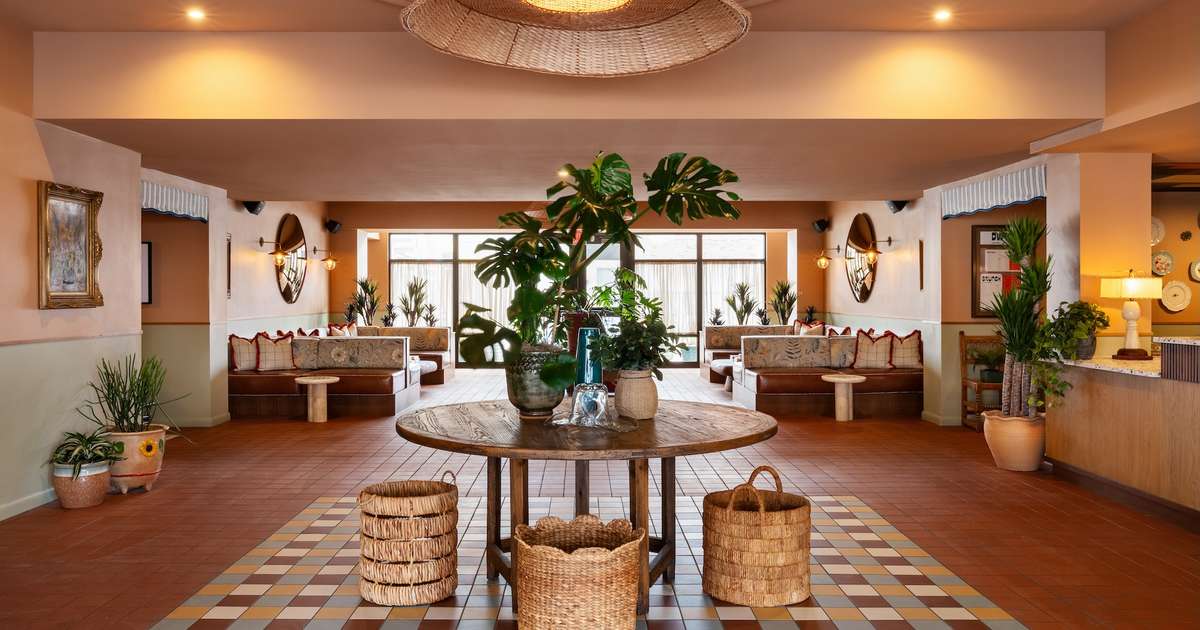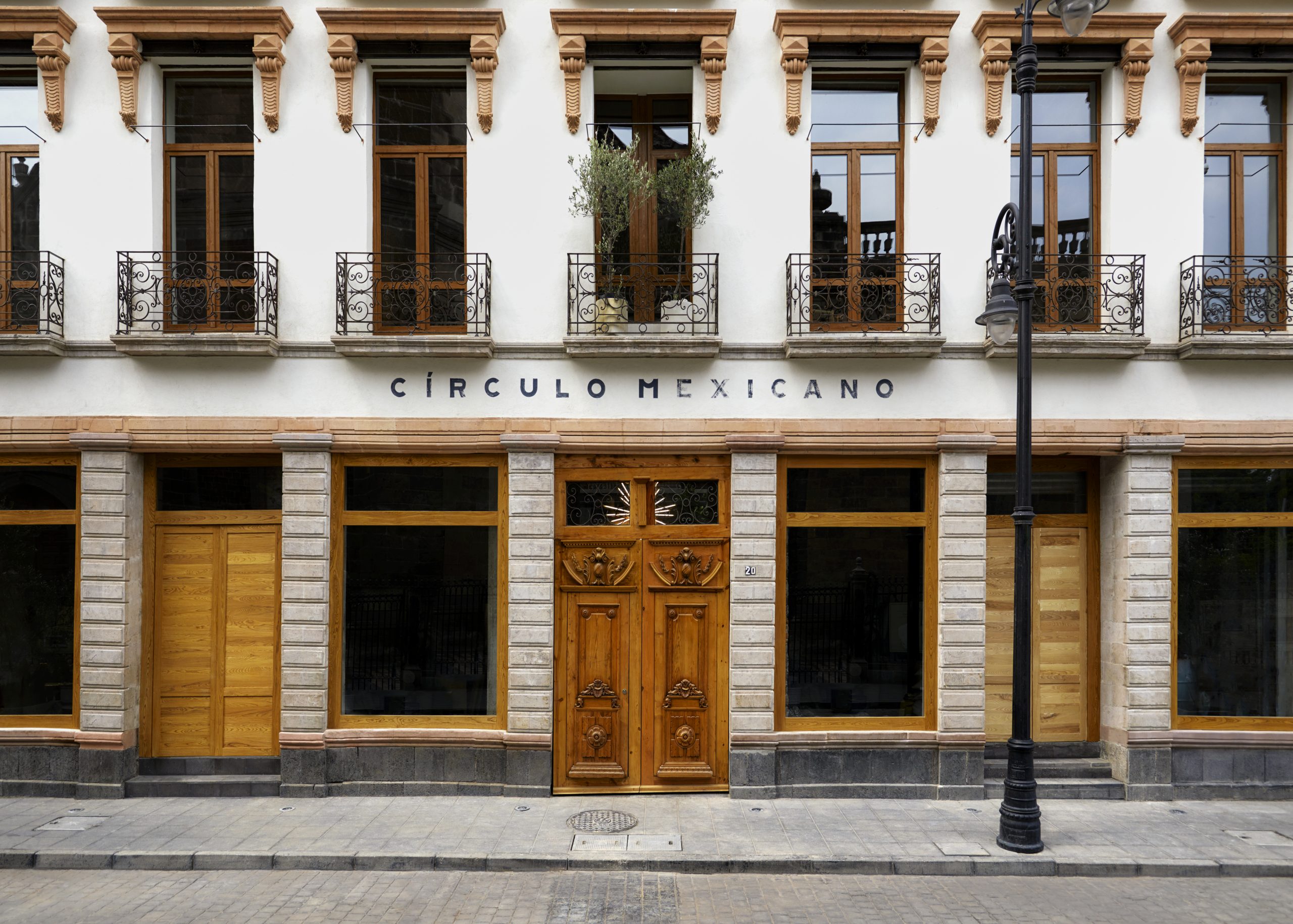
What makes a great event? Is it a unique venue? Incredible keynote speakers? A beautiful destination? World-class food? Engaging displays? Or is it the seamless combination of all these elements?
For years, this question has served as the blueprint for event planners and technology vendors determined to crack the code for creating the kind of conferences, events, and venues that people still talk about long after they’ve wrapped. And finally, the capabilities of modern technology have caught up to the grand visions of planners and vendors that always imagined a world where conferences and events never disappoint. With this in mind, we’ve compiled a list of our top trends to watch in the sales and catering space in 2025 and beyond.
1. Seamless technology and digital automation
By now, the value proposition of contactless technology and digital automation is well understood by the masses. And yet, a number of venues still remain unnecessarily tethered to manual processes to manage and execute events – even those that require large-scale planning and collaboration.
Simply stated, relying on manual and cumbersome processes for tasks like scheduling, invoicing, resource allocation and vendor management in today’s increasingly digitized hospitality landscape is akin to running a marathon in shoes that no longer fit. You might still cross the finish line, but you likely won’t break any records or win a spot on the podium. The same is true for attendee-facing processes – in 2025, contactless solutions for key touch points including check-in/ticketing and audience/exhibitor interactions are paramount to the cultivation of a seamless attendee experience.
According to a report, over 70% of large-scale events now use digital automation tools for scheduling and invoicing, boosting efficiency by at least 30% compared to manual methods. Meanwhile, 68.9% of event organizers recognize event software as a key factor in their success, and post-pandemic, 90% of professionals agree that technology enhances event outcomes.
The demand for seamless attendee experiences and safety has also fueled a 65% surge in contactless technology adoption over the past year. However, many organizations are still navigating a fragmented tech landscape. Forrester reports that:
- 73% of event teams use between one and five event tech solutions.
- 12% rely on six to ten tools.
- Only 21% have fully consolidated their event tech stack.
Now, more than ever, universities, hotels, and venues are looking to streamline sales and catering processes through digital automation to not only benefit staff and enhance client relationships, but identify opportunities to create better, more memorable events for attendees at scale.
2. Elevating the attendee experience with AI
It’s no secret that artificial intelligence (AI) has the potential to transform the hospitality landscape – and the planning and execution of business events is certainly no exception.The AI-powered event management market is on a rapid growth trajectory, projected to surge from $1.8 billion in 2023 to $14.2 billion by 2033, with a CAGR of 22.9% over the next decade.
AI is already transforming the event experience—63% of event organizers are leveraging AI for personalized attendee engagement, and 80% report higher attendee satisfaction as a result. Adoption is expanding across key operational areas, with 70% of event planners integrating AI to streamline tasks like registration and attendee interaction.
As AI continues its proliferation across the industry, we will see the widespread application of AI-driven accessibility features (like session translations and real-time captioning) and increasingly customized networking events and session recommendations, as well as the personalization of once-impersonal touchpoints (like attendee swag bags), ensuring no two attendees have the same event journey. And of course, in this age of data-driven transformation, AI tools help to uncover key trends, feedback, and real-time insights into attendee preferences and behaviours that can make or break the success of an event.
3. Unified event platforms
Can you have too much of a good thing? In the world of hospitality technology, the answer is unequivocally yes. Where hotels, convention centers, universities, and venues were once held back by monolithic platforms, they are now faced with the potential for platform fatigue or overload. And while cutting-edge technology is great, the implementation of too many disparate systems may offer up an influx of data that isn’t truly actionable or properly vetted.
Many venues and hospitality teams also report struggling with “platform fatigue” from juggling too many separate event systems. To this effect, a 2020 survey found 73% of employees (across industries) feel overwhelmed by constantly toggling between an average of 10 different apps and tools. What’s more, Gartner projects that by 2025, over half of IT organizations (55%) will adopt unified data ecosystems, reducing their number of separate platforms by 40%. As such, hotels and venues should seek out sales and catering platforms that are fully integrated, customizable, and offer a unified view of every stage of an event lifecycle.
4. Interactive technology and gamification
Gone are the days of conferences that have attendees dragging their feet towards the nearest refreshment counter to top up on coffee in between each session. With the help of technology – including virtual reality (VR) and augmented reality (AR) elements, events have the potential to become more engaging than ever before.
Using mobile apps and interactive platforms, event organizers can offer immersive experiences and create games or challenges for attendees to participate in, incentivizing engagement through rewards or unique experiences. In fact, interactive technology and gamification can increase attendee engagement by up to 60% and enhance overall event satisfaction by 50%.
5. Unique venues, memorable destinations, and eco-conscious events
The ability to travel to new places and experience new things is considered by many to be one of life’s greatest pleasures. It should come as no surprise, then, that business travel is still a major source of hospitality demand, as professionals across industries routinely seek out opportunities to not only advance their career through in-person networking, but mix business and pleasure by traveling for meetings, events, and conferences. As such, unique venues and destinations that contribute effortlessly to the curation of a truly memorable experience remain in high demand for events in 2025, with nearly half of event planners now seeking out non-traditional venues (like museums, galleries, rooftop spaces, etc.) for their events.
Sustainability also remains a priority for hospitality brands and guests alike, with eco-conscious events that implement carbon neutral/waste reduction practices and carbon offsetting programs reigning supreme in the eyes of event organizers and attendees. Reports indicate that by 2025 the number of sustainable or “green” events will grow by ~50%, and 92% of event organizers plan to adopt even more sustainable practices in the coming year.
Fortunately, eco-conscious practices such as the removal of single-use plastic and potentially wasteful promotional items are increasingly easy to implement with the availability of plant-based or digital alternatives, and go a long way in benefitting the planet and enhancing the positive impact and perception of an event.
The future of event and venue management is smart, seamless and memorable
The continued evolution of technology means the continued evolution of guest and attendee preferences – after all, you can’t expect your customer to remain standing still as the world keeps turning and changing around them.
In 2025, leaders in the event space must not only adapt, but remain a step ahead of attendee preferences by creating smarter and more engaging gatherings with the help of unified sales and catering platforms, seamless automation, AI-driven, immersive experiences, and unforgettable destinations and event spaces. The hotels, venues and planners that embrace these innovations will not only meet attendee expectations but set new benchmarks for what makes a truly exceptional event.
About Infor
Infor is a global leader in business cloud software specialized by industry. We develop complete solutions for our focus industries. Infor’s mission-critical enterprise applications and services are designed to deliver sustainable operational advantages with security and faster time to value. Over 60,000 organizations in more than 175 countries rely on Infor’s 17,000 employees to help achieve their business goals. As a Koch company, our financial strength, ownership structure, and long-term view empower us to foster enduring, mutually beneficial relationships with our customers. Visit www.infor.com.
Luis Gustavo Peccicacco
+55 11 99531-0930
Infor


